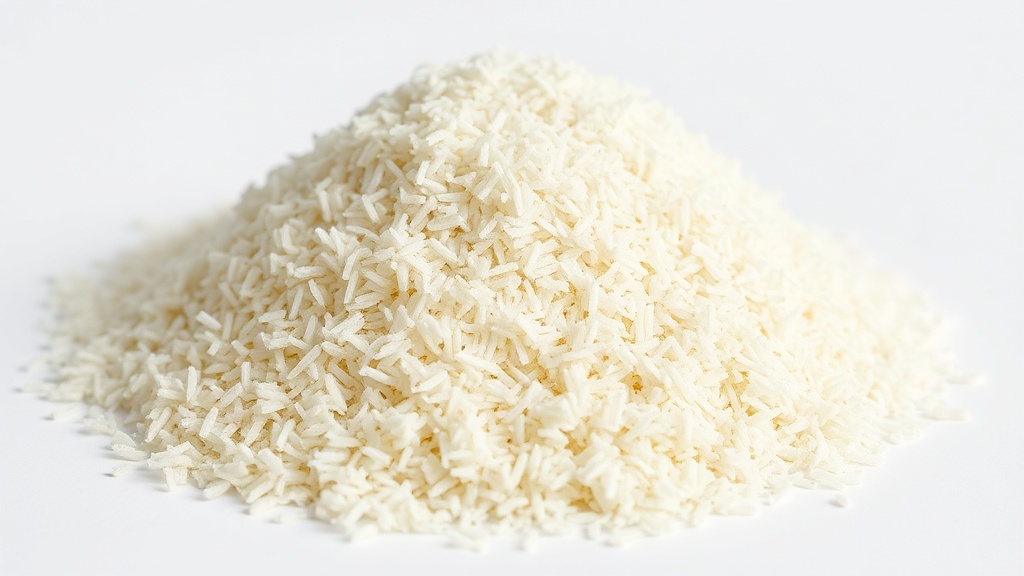Home / Health / Psyllium: Nature's Fiber for Heart & Gut Health
Psyllium: Nature's Fiber for Heart & Gut Health
25 Nov
Summary
- Psyllium, derived from Plantago ovata seeds, acts as a bulk-forming laxative.
- Daily psyllium fiber supplements may significantly reduce LDL and total cholesterol.
- Research suggests psyllium aids glycemic balance, though FDA notes limited diabetes evidence.

Psyllium, a natural fiber sourced from the seeds of the Plantago ovata plant, offers a wide array of health advantages, extending beyond its well-known laxative properties. Available over-the-counter, psyllium husk supplements are recognized for their ability to improve digestive regularity by absorbing water in the gut, making bowel movements easier and preventing complications like hemorrhoids.
Emerging research highlights psyllium's significant impact on cardiovascular health. Studies suggest that consuming six to fifteen grams of psyllium fiber daily can lead to a notable reduction in cholesterol levels, decreasing LDL ('bad') cholesterol by up to 24 percent and total cholesterol by up to 20 percent. This makes it a valuable natural option for managing high cholesterol, a known risk factor for serious conditions like heart disease and stroke.
Beyond its cholesterol-lowering effects, psyllium is also investigated for its role in blood sugar management. Some research indicates that soluble fibers like psyllium could play a part in maintaining healthy glycemic balance. However, the Food and Drug Administration (FDA) has noted that current evidence is insufficient to definitively support psyllium's use specifically for diabetes management.




